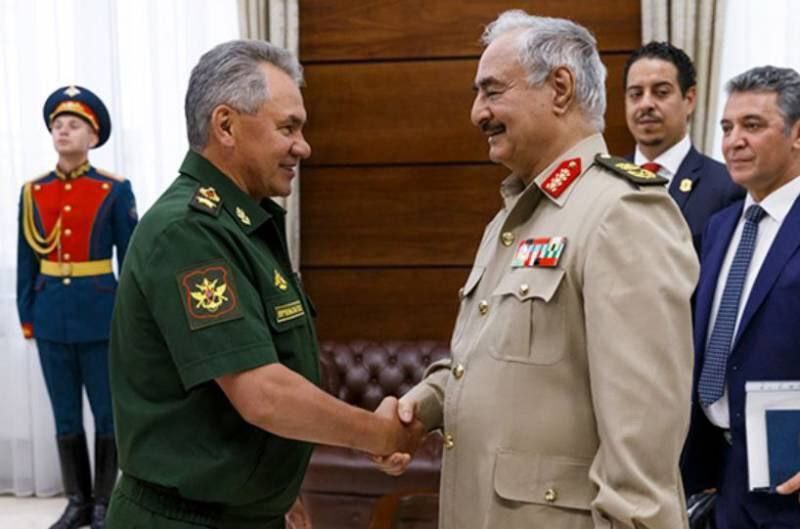In recent months, Russia’s involvement in Libya has escalated, signaling Vladimir Putin’s strategic intent to expand Moscow’s influence in the region. Through intensified military cooperation with Khalifa Haftar, the leader of eastern-based forces, Russia is making significant geopolitical moves that could reshape the dynamics of the Libyan conflict and beyond.
Strengthening Military Ties
Russian Deputy Defense Minister Yunus-bek Yevkurov’s recent visit to Libya, culminating in discussions with Haftar in Benghazi on May 31st, underscores Moscow’s commitment to bolstering the capabilities of Haftar’s forces. This visit signifies Russia’s desire to deepen its engagement with key actors in the Libyan conflict.
Fragmented Political Landscape
Libya remains deeply divided between the Government of National Unity (GNU) in Tripoli and Haftar’s administration in the east. Russia’s support for Haftar aligns with its broader geopolitical interests, including access to Libya’s vast oil resources and a strategic foothold in the Mediterranean.
Economic and Strategic Objectives
Haftar’s request for advanced military equipment and training from Russia reflects his ambition to strengthen his grip on power and assert control over Libya’s territories. In return, Haftar offers Russia access to air bases, positioning Moscow for increased influence in North Africa. Libya’s strategic location and resource wealth make it a valuable prize in the global competition for power and influence.
Escalating Geopolitical Competition
Russia’s deepening involvement in Libya has raised concerns among Western powers, particularly the United States and the European Union. The expanding Russian presence in the Mediterranean presents challenges to Western interests and regional stability, intensifying geopolitical rivalries in the region.
Conclusion: Navigating Complex Geopolitics
As Russia asserts its influence in Libya, the geopolitical landscape in the region becomes increasingly complex. The competition between Russia and Western powers underscores the strategic significance of Libya in global geopolitics. It is essential for the international community to closely monitor developments in Libya and pursue diplomatic efforts to mitigate tensions and promote stability in the region.







 {
#divFLRARight, #divFLRALeft {
display: none !important;
}
}
</style>
<script type=)